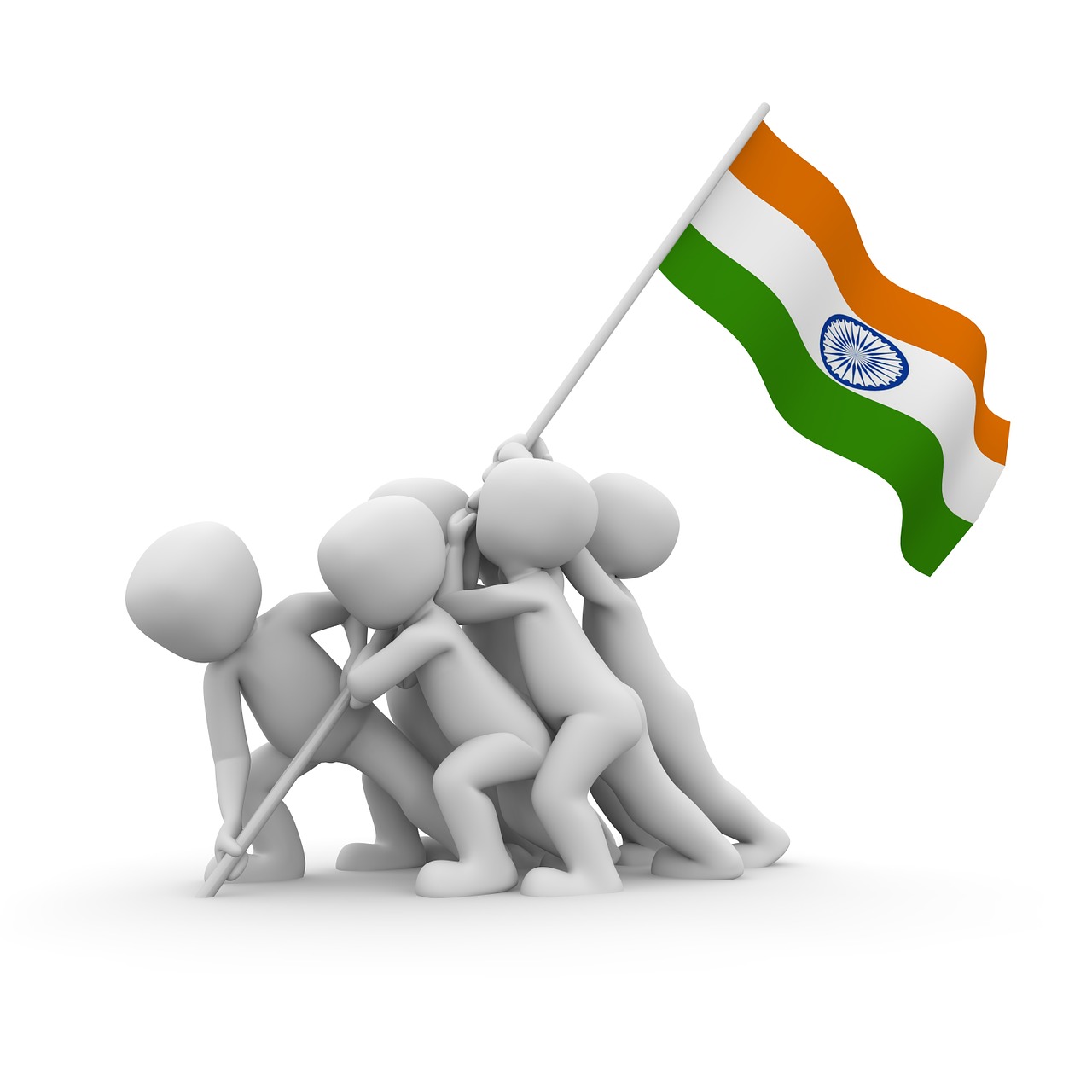Understanding the Impact of Social Media Algorithms on Political Discourse
The algorithms employed by social media platforms play a significant role in shaping the political conversations that unfold online. These complex algorithms are designed to personalize users’ feeds based on their interactions, preferences, and demographics. As a result, individuals are often exposed to content that aligns with their existing beliefs and ideologies, creating echo chambers where like-minded individuals engage with similar viewpoints.
By tailoring content to users’ interests and past engagement, social media algorithms can inadvertently reinforce biases and limit exposure to diverse perspectives. This phenomenon can lead to polarization and the amplification of extreme viewpoints, as individuals may be less likely to encounter alternative opinions or critical perspectives. As a result, the algorithms that underpin social media platforms have the potential to shape public discourse and influence how political information is consumed and shared.
The Influence of Algorithms on the Spread of Political Information
Algorithms play a crucial role in the dissemination of political information on social media platforms. These complex algorithms are designed to prioritize and display content that aligns with the user’s preferences and behavior, creating filter bubbles that reinforce existing beliefs and opinions. As a result, individuals are often exposed to information that confirms their existing worldview, limiting their exposure to diverse perspectives and potentially contributing to the polarization of political discourse.
Moreover, algorithms often prioritize sensational or emotionally charged content, leading to the spread of misinformation and disinformation within political conversations online. This phenomenon can have far-reaching consequences, as false or misleading information can easily go viral and shape public opinion. In this way, algorithms not only influence the spread of political information but also have the power to impact the integrity of democratic processes and public discourse.
• Algorithms prioritize and display content based on user preferences and behavior
• Creates filter bubbles that reinforce existing beliefs
• Limits exposure to diverse perspectives, contributing to political polarization
• Prioritizes sensational or emotionally charged content
• Leads to spread of misinformation and disinformation online
• False information can easily go viral and shape public opinion
• Algorithms impact the integrity of democratic processes and public discourse
How Algorithms Impact the Diversity of Political Views on Social Media Platforms
Algorithms on social media platforms play a significant role in shaping the diversity of political views that users are exposed to. These algorithms are designed to personalize user experiences by displaying content that is deemed relevant based on the user’s interactions and preferences. However, this customization can have the unintended consequence of creating echo chambers, where individuals are only exposed to information that aligns with their existing beliefs.
Furthermore, algorithms tend to prioritize engaging and sensationalized content, which can lead to the amplification of extreme viewpoints and the marginalization of moderate or dissenting opinions. This can contribute to the polarization of political discourse on social media platforms, as users are more likely to be exposed to content that reinforces their own perspectives rather than being presented with a diverse range of viewpoints.
What are social media algorithms?
Social media algorithms are sets of rules and calculations used by platforms to determine which content users see on their feeds. These algorithms prioritize certain posts based on factors like user engagement, relevance, and recency.
How do social media algorithms impact political conversations?
Social media algorithms play a significant role in shaping political conversations by determining which political content reaches users’ feeds. This can impact the diversity of viewpoints and information that users are exposed to.
Do social media algorithms promote diversity in political views?
While social media platforms claim to prioritize diverse viewpoints, algorithms often prioritize content that aligns with a user’s existing beliefs and preferences. This can create echo chambers and limit exposure to opposing political views.
Can social media algorithms be manipulated to influence political discussions?
Yes, social media algorithms can be manipulated through tactics like fake accounts, bots, and targeted advertising to amplify certain political messages and suppress others. This can influence the spread of political information and shape public opinion.
How can users ensure they are exposed to a diverse range of political views on social media?
Users can take proactive steps to diversify their social media feeds by following a variety of sources, engaging with different perspectives, and actively seeking out opposing viewpoints. Additionally, users can adjust their privacy settings to limit the algorithm’s influence on their feed.







